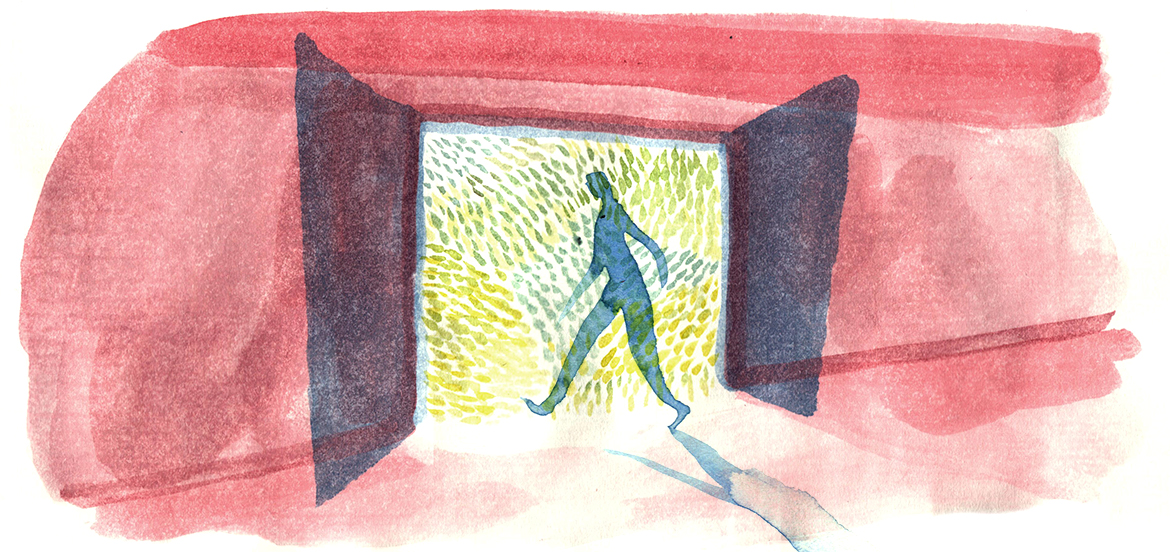Catapult Extra
Launched This Week: March 13th-17th
A roundup of stories from our week together at Catapult.
First, more hiring news: We’re looking for a marketing intern! If you live in the Portland area and are interested in a 20-hour/week paid internship (for a three- or six-month term, your choice), our Oregon staff would love to hear from you by March 23.
We began our week with this important piece by Christian McMahon on how the ACA gave him access to health care and meaningful employment:
The ACA meant I could throw myself into meaningful work knowing that if I managed to make too much money to qualify for social security, I would be able to buy health insurance on the open market for a reasonable price. For the last six years, that is what I have done. I still depend on social security, I still live with my parents, but each year the work is a bit steadier and I can embrace new opportunities with confidence. Under the protections of the ACA, I have been building a writing career, publishing essays and short stories and working on a novel. This summer will be my second working on staff of a writing workshop in France. I am acquiring the skills, experience, and connections I need to pursue independence. In a small segment of the world, I have become visible.
Martina Fouquet writes so beautifully about Princeton and Florida, her father’s Haiti, and the meaning of home:
For me belonging is not so much about location, but that seamless integration with an environment. It’s the difference between being the main subject in a scene and being a part of the backdrop. In Haiti I am the main subject. I am the thing that does not belong. I draw attention even when I don’t want to.
The real question is who determines where we belong?
“I did not want my children to grow up in the shadow of hereditary hate . But for anything else to be a possibility I was going to have to learn to love myself.”
Carolyn Desalu’s powerful essay on family secrets and denial, and the time she witnessed her maternal grandmother’s suicide attempt:
“Where on earth did you get that story about Selsie and suicide?”
“I was at her apartment when it happened. It was me, Granny, and Selsie.”
My mother stared at me intently for a moment then resumed eating. I stared back. Didn’t she have anything else to say? I wondered. The subject was already on the table, so there was no turning back. I told my mother everything I had seen and remembered from that dreadful day.
After patiently listening, my mother finally stopped eating, set her utensils down, sighed, and said, “That simply isn’t true. My mother would have never done something crazy like that. She was a strong Black woman. She had to pack up and leave her country, come here, and start from scratch. She worked hard and was dedicated to her family. She loved life and her family too much to have ever done something like that.”
In which the Magpie reflects on Fukushima, Ovid, and Amy Sillman’s video installation “After Metamorphoses ”
“So many people in my family, men and women, immigrants and entrepreneurs, soldiers and travelers, lovers of life in all its forms, had been reduced in my frightened mind to that one word: cancer . But they were more than that, of course, all along.”
Andrew Pippos shares a poignant memory from the final year of his father’s life: “My father was still making plans , and little plans were one way he expressed his love of life.”
Ellen Wayland-Smith on her family history, faith, cults, and liberalism :
This was just one of many moments reading through my family’s archives that I felt a kinship with their project. I felt a kinship, not for some sanctimonious, lukewarm Enlightenment belief in the possibility of human progress—although God knows we need that, too—but for a transcendent commitment to something larger than the self. Something given, not chosen; a command, not a sentiment.
I dearly love all of Liana Finck ’s work, and if you’ve not yet seen her Bionica Little Passing for Human comics for Catapult, you’re in for a treat .
